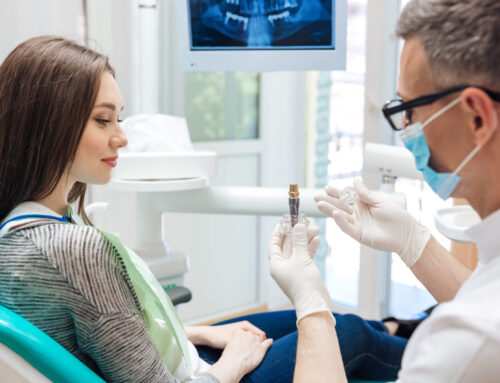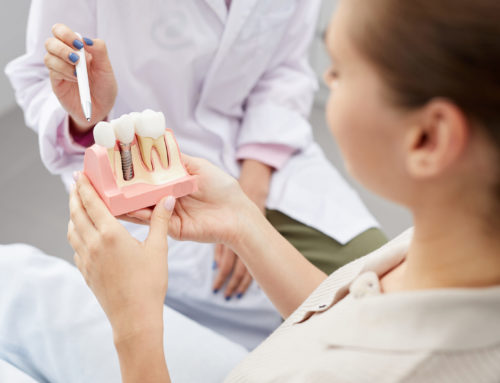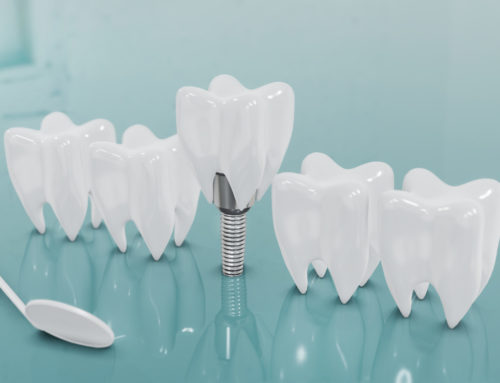Patients with missing or failing teeth turn to an oral surgeon, like the highly trained practitioners of OMSH, to learn more about dental implant options. Implants offer numerous advantages over other treatment options. For example, they fuse to bone to help prevent the bone loss that is commonly seen with dentures. Furthermore, adjacent teeth do not have to be modified to support an implant. Yet, not every patient is a good candidate for this type of procedure. So, who would be an ideal candidate for dental implant surgery; and what can patients expect when they visit an oral maxillofacial surgeon for a consultation?
Patients in Generally Good Health
In order to be a good candidate for dental implants, patients should have healthy teeth and gums, as periodontal disease can lower the success rate of implants. The person must be committed to maintaining good oral health, as well as not suffer from an autoimmune disorder, or uncontrolled diabetes. Medical conditions such as these can interfere with the person’s ability to heal following the procedure. Patients should ideally be non-smokers, or at least be willing to stop smoking all together. This is due to the fact that tobacco, and its by-products, can interfere with osseointegration, a key component of the implant procedure success.
Patients with Good Bone Density
When visiting the oral surgeons of OMSH, patients learn more about the implant process, and can expect to have an examination. In addition, a complete medical and dental history will be taken to allow the surgeon to see if there are any factors that could interfere with the procedure. X-rays are typically taken and the office may request a CT scan to determine bone density and shape. At OMSH, the oral surgeons will need to confirm that the patient has enough bone density to support the implant, and if not, he or she will need to undergo a bone graft. With this information, our dental specialists can make recommendations on whether a patient is suitable for implants.
Patients Missing One or More Teeth
For some patients, a single implant will be needed. Those with multiple missing teeth, or patients that are unhappy with their dentures, may benefit from All-On-4 implants. Like dentures, this type of implant procedure involves placing four dental implants in the upper or lower jaw to support a bridge with multiple teeth. Prosthetic teeth are then attached to these anchors. This helps to prevent the problem of slippage seen with dentures.
Contact OMSH to learn more about dental implants and their benefits. Most patients will find that implants are a viable option for replacing missing or failing teeth. For an appointment and for more information, please call 832.509.4505.





